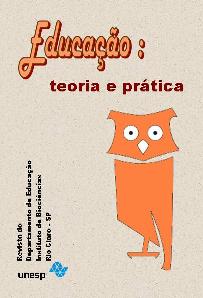Educational management and policy in the globalization process
Keywords:
política educacional, reforma del Estado, regulación, educaciónAbstract
This work analyzes the main orientation of educational policies designed and implemented in the region within the so called “second generation state reforms”, in a context of growing inequality, fragmentation and social polarization. These reforms have been based, on the one hand, on the Knowledge Society Paradigm and the demand for competitive insertion in the global economy, and on the other, on strategies for poverty reduction and containment aimed at guaranteeing democratic governance in Latin American countries. In this vein, new forms of government and management of educational systems have been designed and implemented, that can be analyzed as new ways to regulate educational policy and action.Downloads
Published
How to Cite
Issue
Section
License
Authors who publish in this journal agree to the following terms:
a) Authors assign copyright to the journal, with the work simultaneously licensed under the Creative Commons Attribution License that allows sharing of the work with acknowledgment of authorship and publication in this journal.
b) The policy adopted by the Editorial Committee is to assign copyright only after a period of 30 months from the date of publication of the article. After this time, authors interested in publishing the same text in another work must send a letter to the Editorial Committee requesting the release of the assignment of copyright and wait for a response.
c) This journal provides public access to all its content, since this allows greater visibility and reach of published articles and reviews. For more information on this approach, visit the Public Knowledge Project, a project that developed this system to improve the academic and public quality of research, by distributing OJS as well as other software to support the public access publication system to academic sources. The names and email addresses on this website will be used exclusively for the purposes of the journal and will not be available for other purposes. This journal provides open any other party  This work is licensed under a Creative Commons License
This work is licensed under a Creative Commons License











